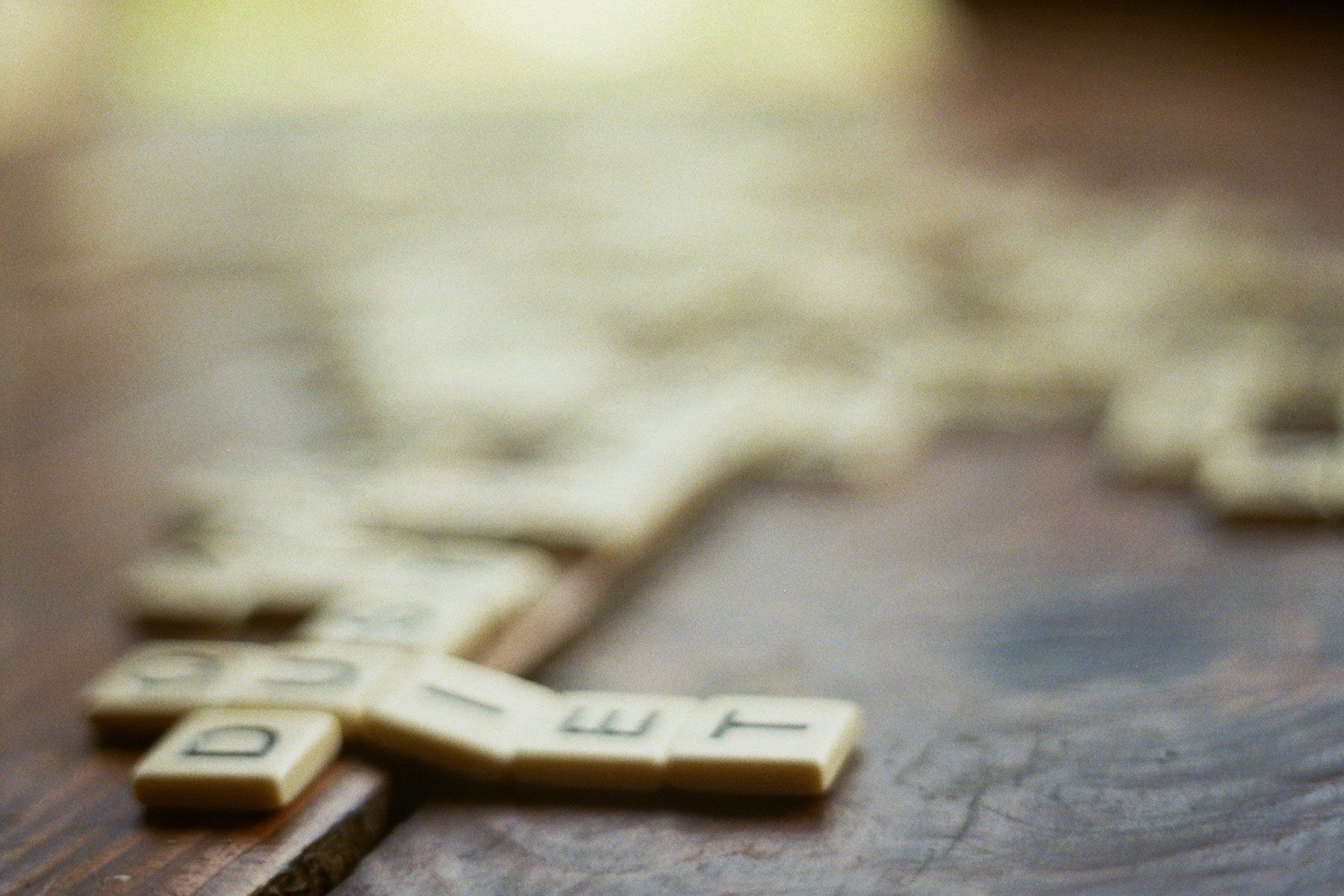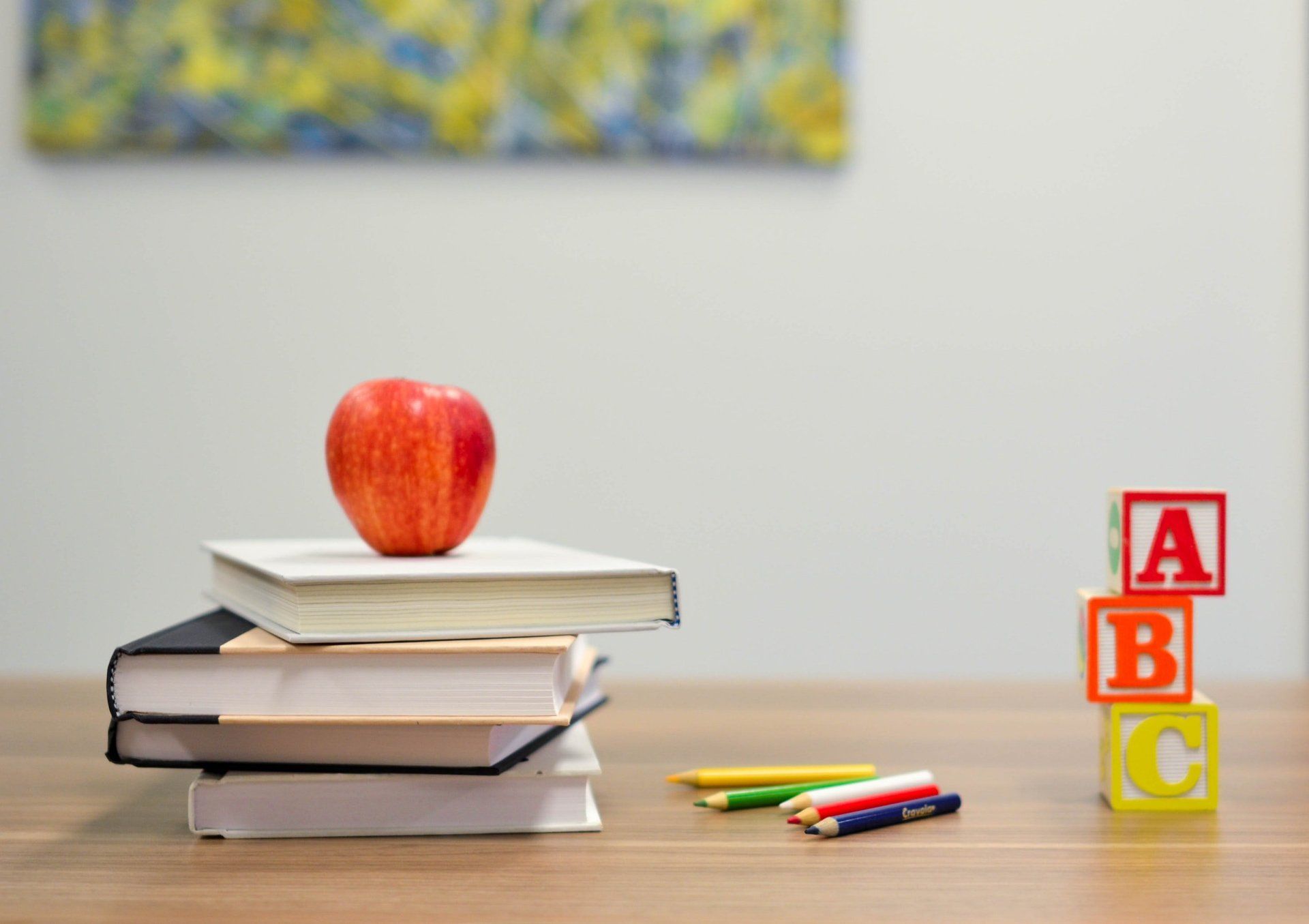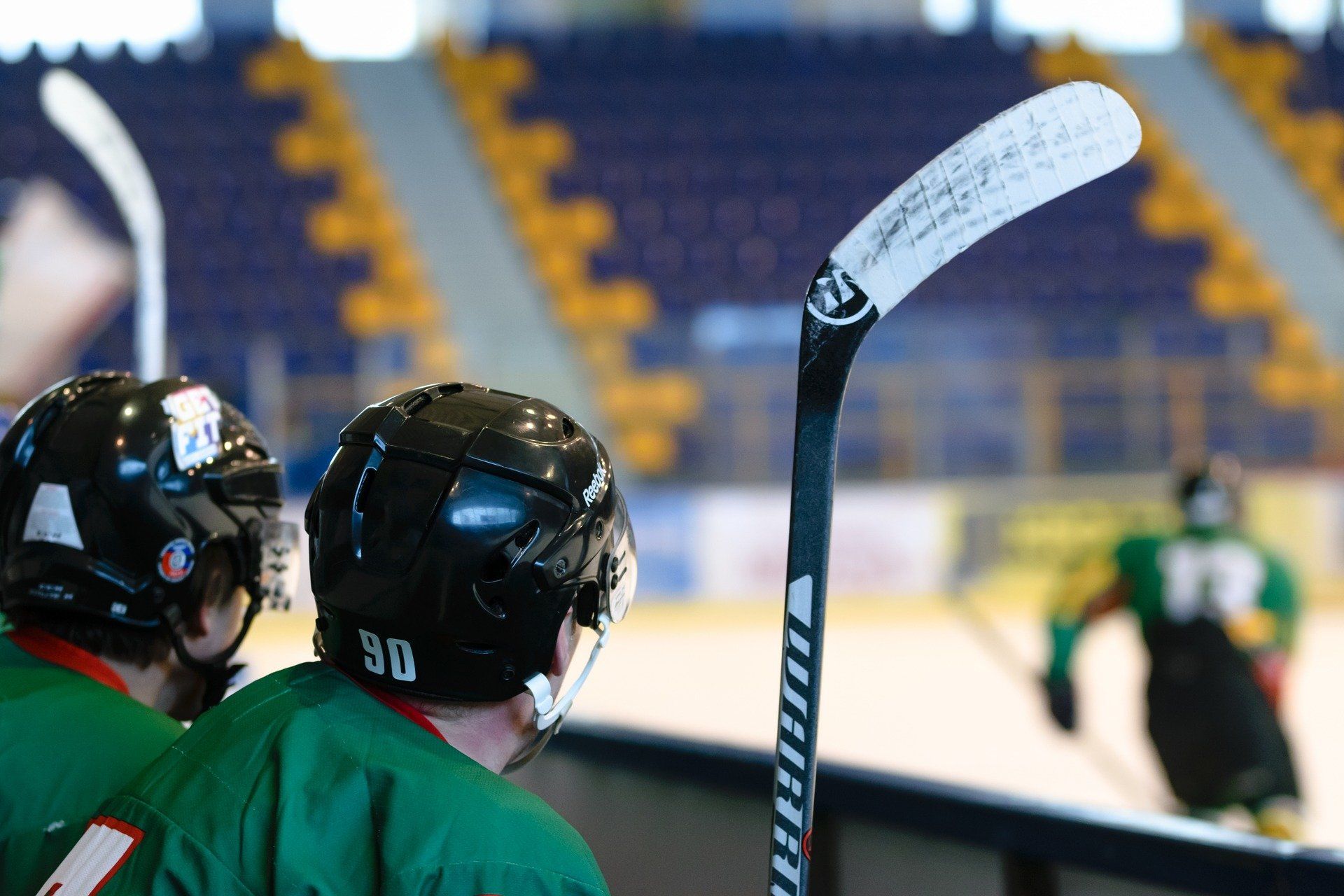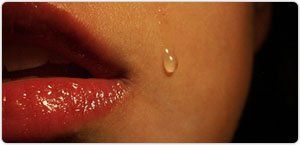Impact of Neurofeedback on your Bad Habits
- By Glenna Reid
- •
- 14 Jan, 2016
- •
Habits: good and bad, we all have them. Our good habits serve us well. Our bad habits hold us back, create more stress in our lives and make us miserable in the long run. Consciously choosing to replace something we know we shouldn’t do with something good for us is a wonderful thing—especially if it advances our health.
In order to turn bad habits into good ones, identify them. On a sheet of paper, list your bad habits. This is important because it raises your awareness. Bad habits attack when self-esteem is low. They often give us temporary pleasure, but usually make things worse. Being aware of a bad habit helps you to stop doing it. (If you can’t think of any bad habits, ask your spouse or a close friend!)
To the right of your bad habit, think of an alternative behaviour to each one and write it down. Next to your replacement habit, list some of the positive emotions or feelings that would result by substituting the good for the bad.
Exercise is a great tool to help you break bad habits. Exercise makes you feel better about yourself, which reinforces the benefits of exercising and makes you more likely to exercise again. As you become healthier and fitter, you’ll also become more productive and less likely to resume those old, bad habits.
Be easy on yourself as you make small changes in your life a little at a time. Breaking bad habits takes time and discipline.
Have you ever wondered why it so difficult to stop these habits, and why information similar to that above is so daunting. Have you ever wondered why it so difficult to stop these habits, even as they threaten our health, jeopardize our relationships and corrode our spirits?
Have you ever wondered why Neurofeedback has such amazing results when working with people who are dealing with addictions?
If you have answered yes to one or both of the above questions then you will want to listen to this video with Gabor Mate. He explains in very easy to understand language about the impact of trauma and brain imbalances in addicts which results in them not being able to choose a healthier life. It is not until the trauma is release can an addict let go of the draw to drug, alcohol, food, whatever the drug of choose is.
At Brain Awakening, Calgary our Neurofeedback sessions have been very successful in assisting our clients to let go of the past. A balanced brain does not require intervention (ie addictive behaviors) to feel good. It just feels good.










